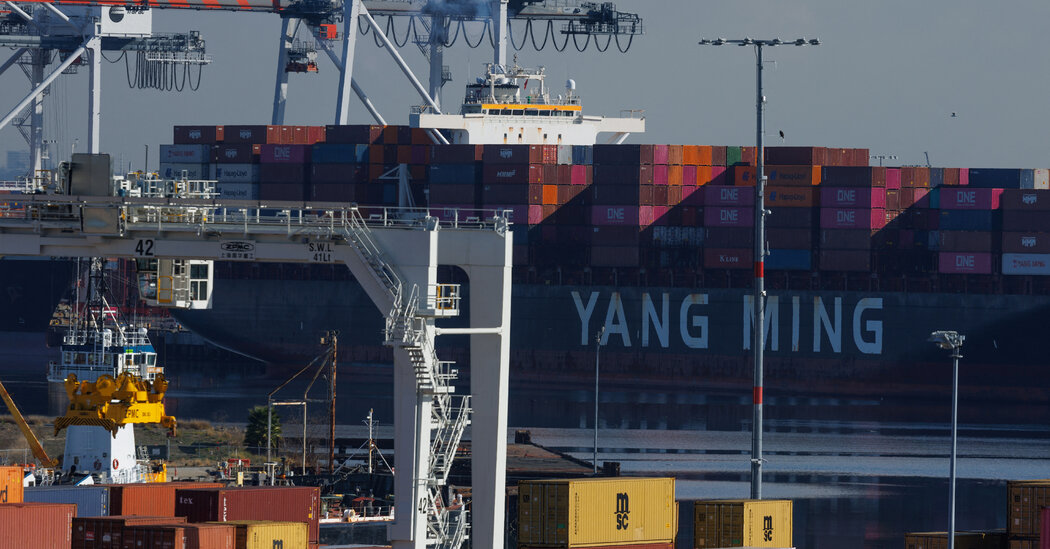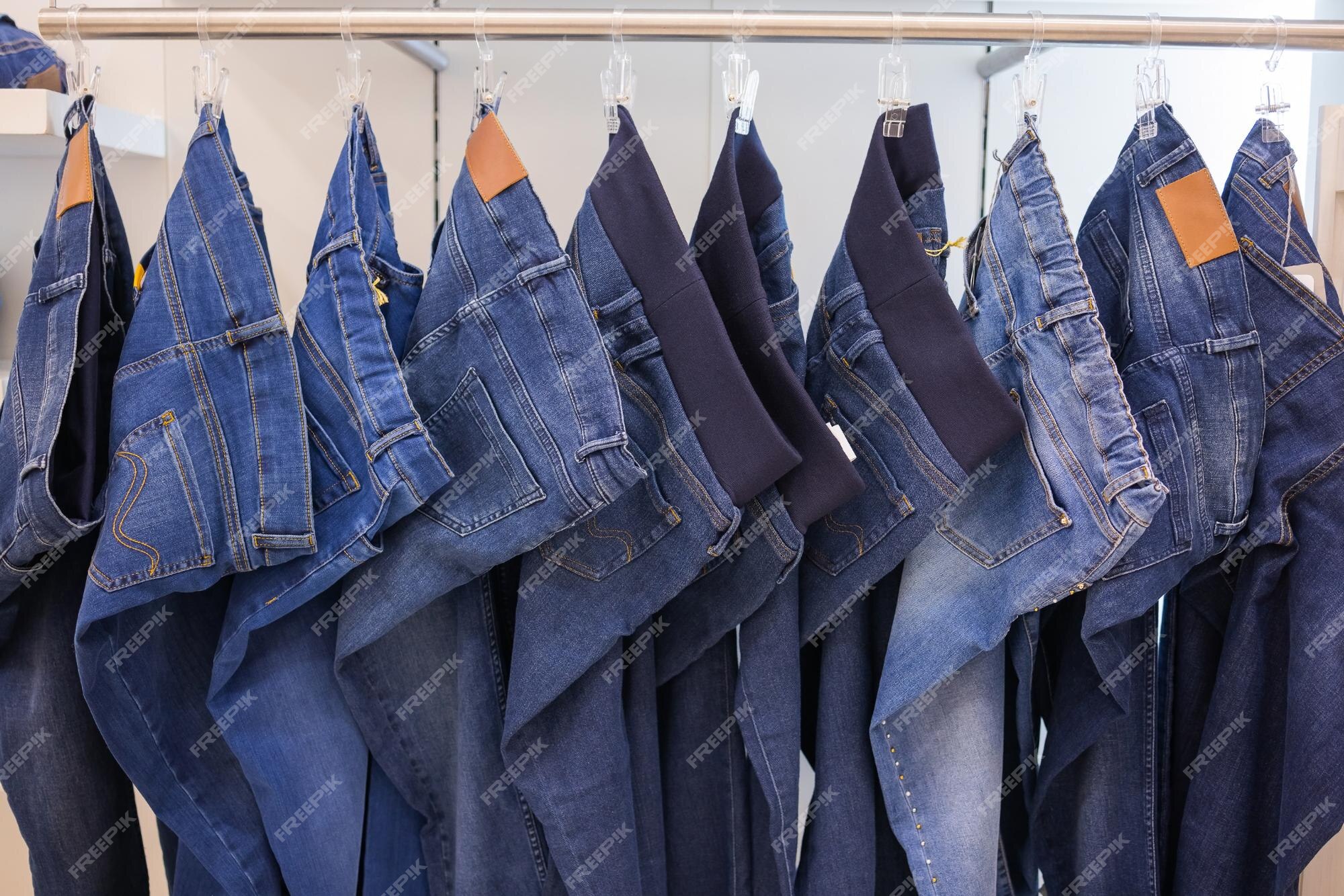

With just days to go before China’s access to the de minimis trade exception is...
Read More
International Apparel Federation (IAF), which represents global fashion manufact...
Read More
The textile printing industry is a vibrant sector that constantly evolves with t...
Read More
Cuneyt Altinoz, PhD & Sam Winchester, PhD Department of Textile and Apparel Tech...
Read More
Dr. Seshadri S. Ramkumar, Ph.D. Texas Tech University, USA
Read More
Jimmy K.C. Lam*, Ron Postle**, Philip K.W. Yeung*. * Institute of Textiles and C...
Read More
Dr. Ahmed Shaker RMIT University, Australia
Read More